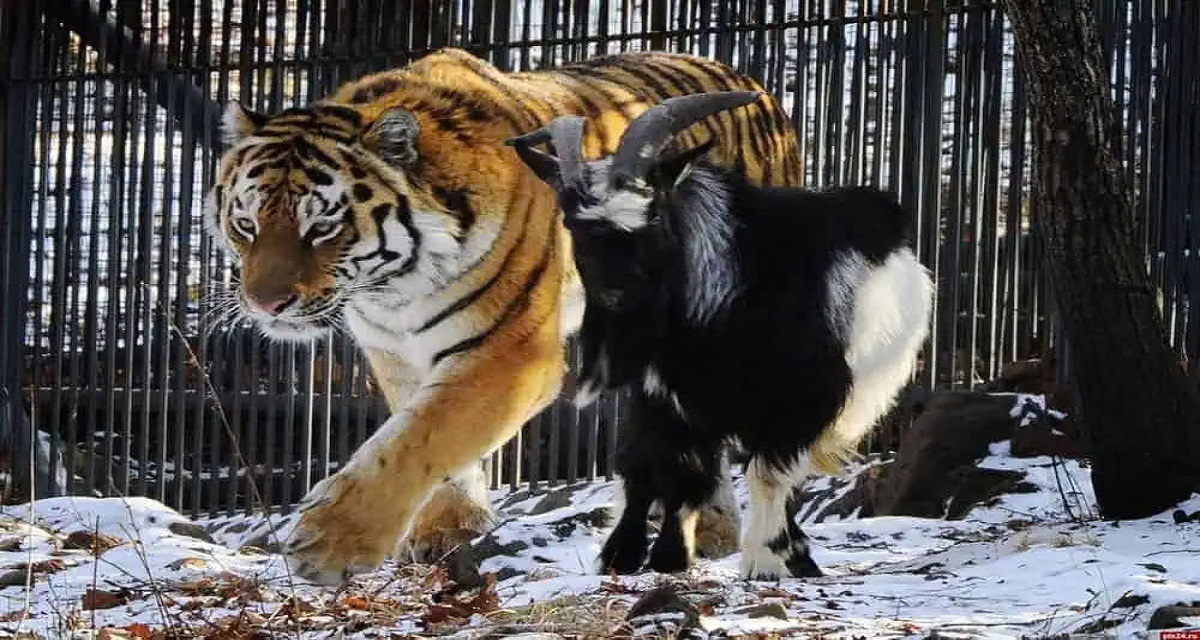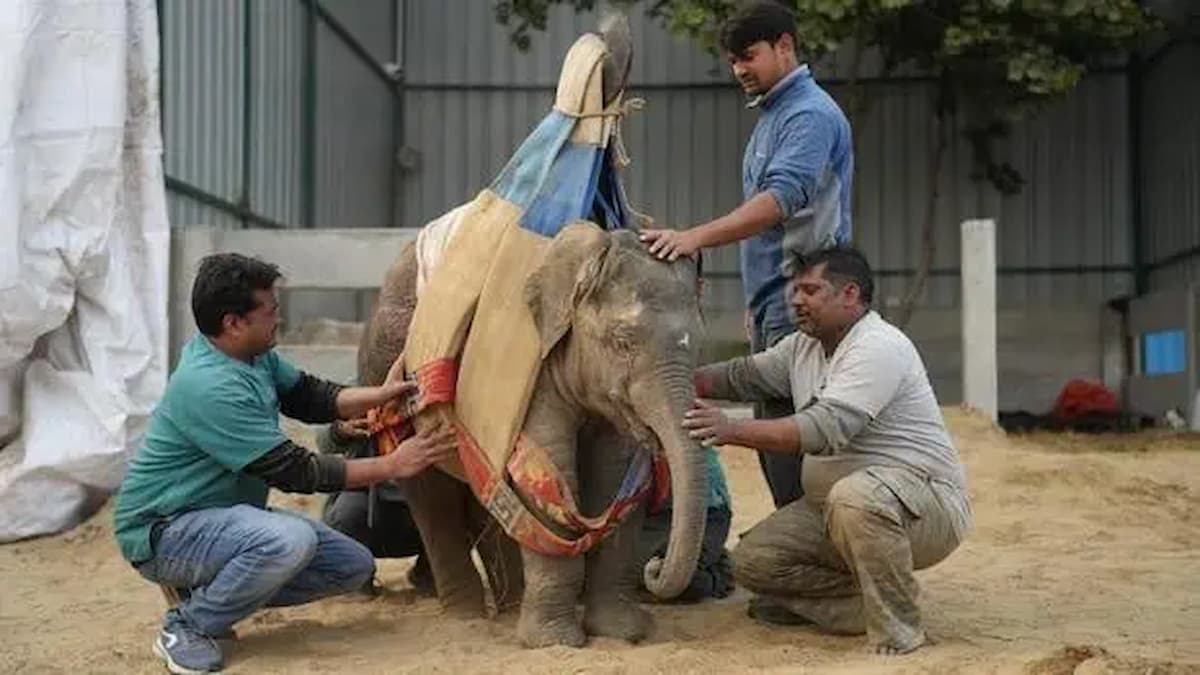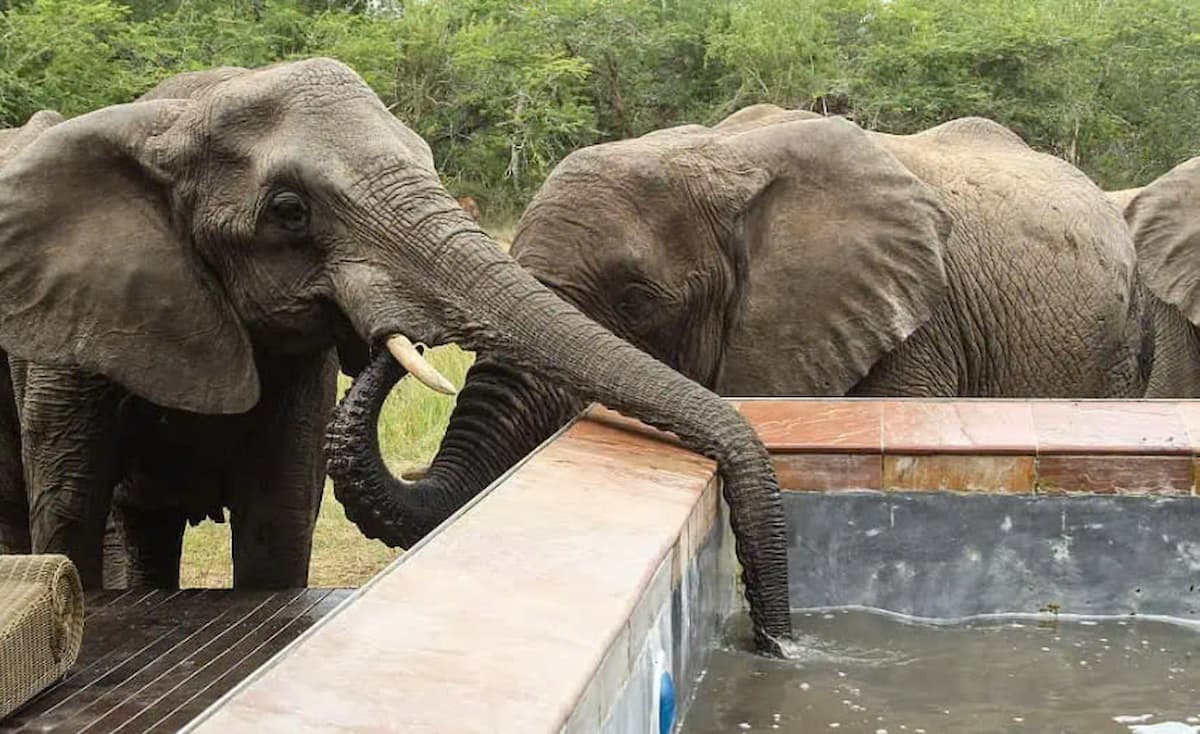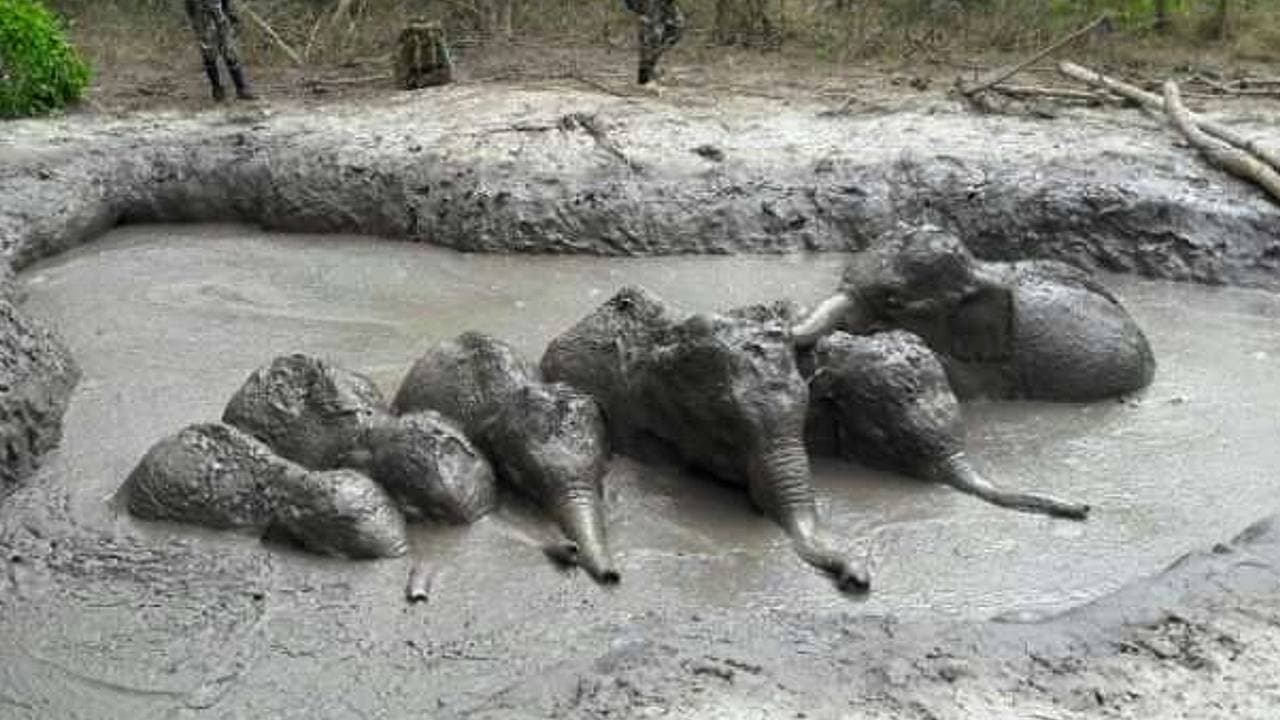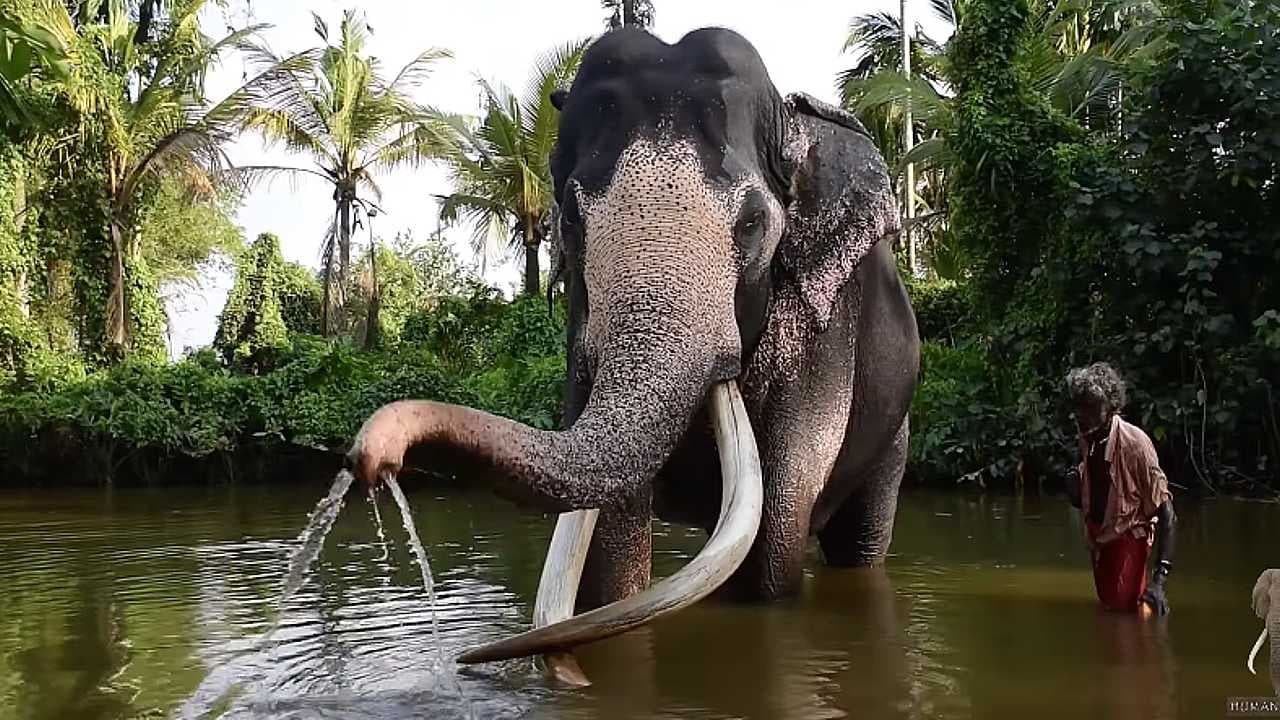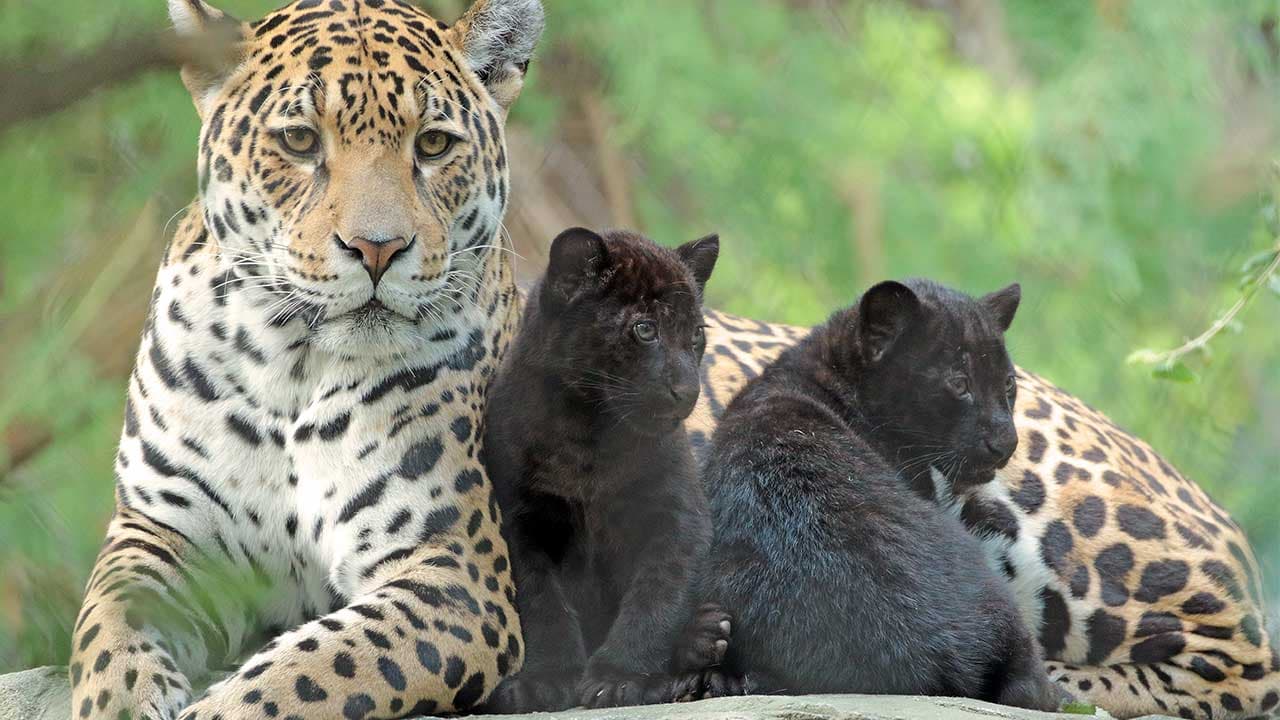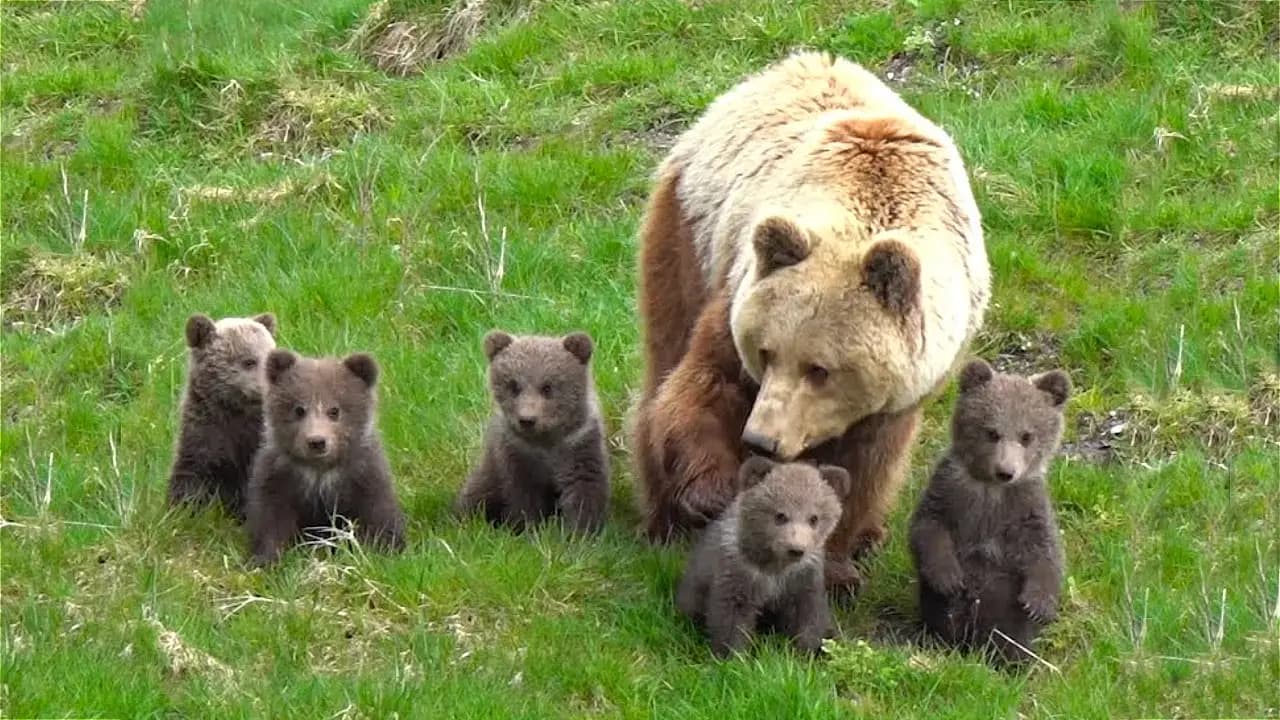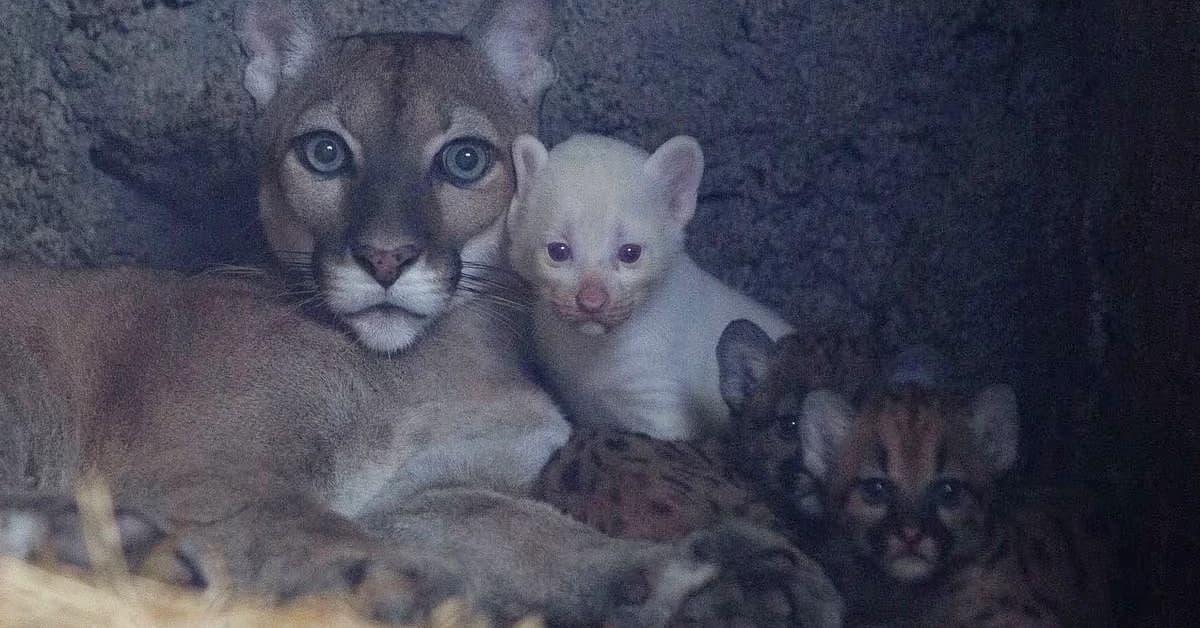The Elephant Festival in Nepal, a vibrant and culturally rich event celebrating the majestic elephants that play an integral role in the country’s heritage, is currently facing significant scrutiny. While the festival traditionally brings together communities to honor these magnificent creatures, recent controversies surrounding beauty contests and allegations of abuse have raised serious concerns among animal rights activists and the public alike.
Held annually in the city of Bhaktapur, the Elephant Festival features a series of events, including parades, cultural performances, and, notably, beauty contests for elephants. These contests typically showcase elephants adorned with elaborate decorations, showcasing their beauty and grandeur. However, critics argue that these competitions emphasize aesthetics over the well-being of the animals, treating them as mere spectacles rather than sentient beings deserving of respect and care.
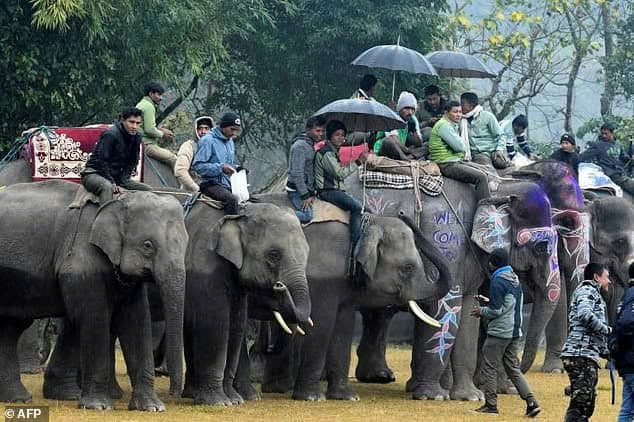
The beauty contests have sparked widespread criticism for several reasons. Many animal welfare advocates claim that the emphasis on appearance places undue stress on the elephants, leading to unnatural grooming practices and harsh training methods to ensure the animals meet specific standards. The pressure to perform and be judged can result in physical and psychological strain, raising ethical questions about the treatment of these animals in a festival that is meant to celebrate their significance.
Moreover, allegations of abuse have surfaced, highlighting troubling practices that some elephants endure in preparation for the festival. Reports of physical mistreatment and harsh training methods have alarmed animal rights groups, prompting calls for an investigation into the treatment of elephants involved in the festival. Such practices not only violate ethical standards of animal welfare but also tarnish the festival’s image as a celebration of culture and heritage.

In response to the growing backlash, local authorities and festival organizers are facing mounting pressure to reevaluate the structure and purpose of the Elephant Festival. Many advocates are calling for a shift away from beauty contests, proposing instead events that focus on education, conservation, and the well-being of the elephants. They argue that the festival should prioritize the health and happiness of these majestic animals over competition and spectacle.
Additionally, there is a growing movement to promote ethical tourism and responsible interactions with wildlife. Educating the public about the plight of elephants and the importance of preserving their habitats is essential in fostering a culture of respect and care for these animals. By shifting the focus of the festival from competition to conservation, organizers could help raise awareness about the challenges elephants face and encourage more sustainable practices within the community.
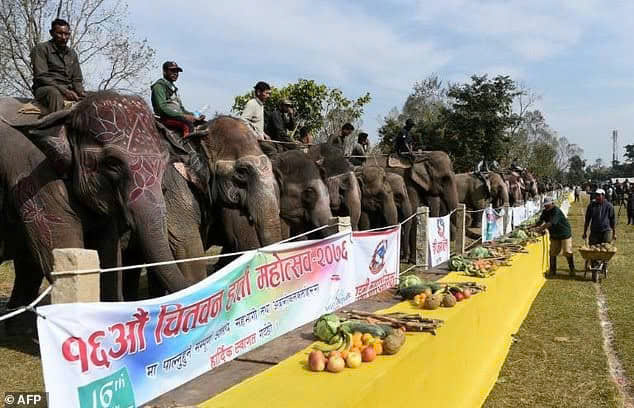
The scrutiny surrounding Nepal’s Elephant Festival serves as a crucial reminder of the need for compassion and responsibility in our interactions with animals. As societies evolve, it is vital to reassess traditions that may no longer align with contemporary values of animal welfare. By prioritizing the well-being of elephants and fostering a culture of respect, Nepal can ensure that its Elephant Festival remains a true celebration of these magnificent creatures, rather than a source of controversy.
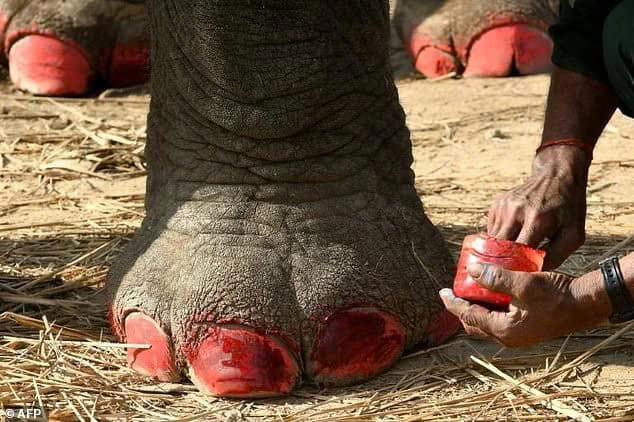
In conclusion, the ongoing discussions surrounding Nepal’s Elephant Festival highlight the complex relationship between culture, tradition, and animal welfare. As advocates push for change, there is hope that the festival can transform into a platform for education and conservation, celebrating not only the beauty of elephants but also their vital role in the ecosystem and the need for their protection. By embracing ethical practices, the festival can pave the way for a future where elephants are honored and treated with the dignity they deserve.




